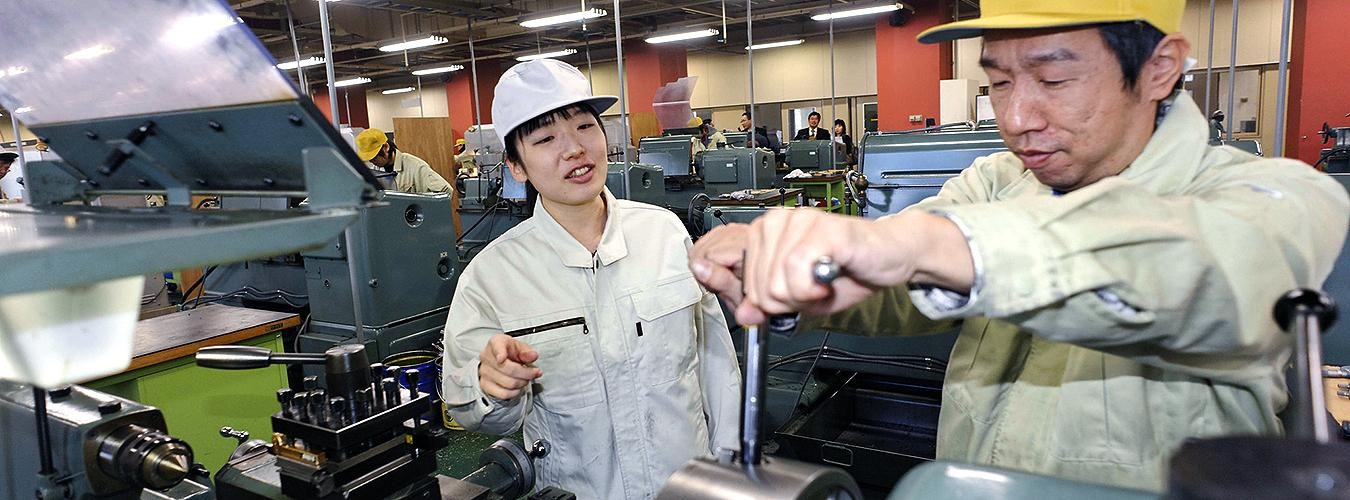The International Day of
Sign Languages is an unique opportunity to support and protect the
linguistic identity and cultural diversity of all deaf people and other
sign language users. The 2021 theme, declared by the World Federation of
the Deaf, is
“We Sign For Human Rights,”
highlighting how each
of us – deaf and hearing people around the world – can work together hand in
hand to promote the recognition of our right to use sign languages in all areas
of life.
According to the World Federation of the Deaf, there are
more than 70 million
deaf
people
worldwide.
More than 80% of them live in developing
countries.
Collectively,
they use more than 300 different sign languages.
Sign languages are fully fledged natural
languages, structurally distinct from the spoken languages. There is also an
international sign language, which is used by deaf people in international
meetings and informally when travelling and socializing. It is considered a
pidgin form of sign language that is not as complex as natural sign languages
and has a limited lexicon.
The Convention on the Rights of Persons with Disabilities recognizes
and promotes the use of sign languages. It makes clear that sign languages are
equal in status to spoken languages and obligates states parties to facilitate
the learning of sign language and promote the linguistic identity of the deaf community.
The UN General Assembly has proclaimed 23 September as the
International Day of Sign Languages in order to raise awareness
of the importance of sign language in the full realization of the human rights
of people who are deaf.
The resolution establishing
the day acknowledges that early access to sign language and services in sign
language, including
quality education available in sign language,
is vital to the growth and development of the deaf individual and critical to
the achievement of the internationally agreed development goals.
It recognizes the importance of preserving
sign languages as part of linguistic and cultural diversity. It also emphasizes
the principle of
“nothing about us without us”
in
terms of working with deaf communities.
#HWPL
#UN #INTERNATIONAL_DAY #EDUCATION #DEAF #HUMAN_RIGHTS #SIGN_LANGUAGE
SOURCED BY : WWW.UN.ORG
























